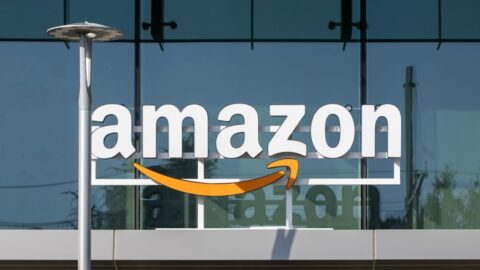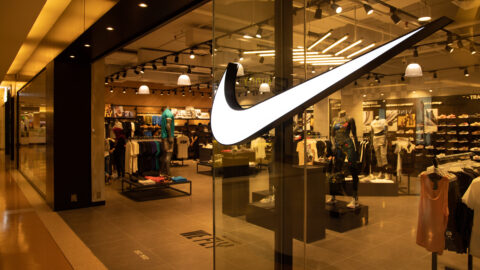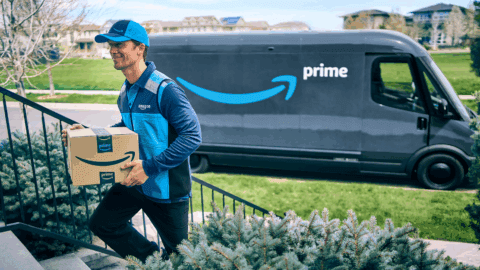Two years after making the controversial decision to sell goods on Amazon, Nike has hopped off the bandwagon, removing its products from the e-Commerce giant ahead of the holiday season.
As part of the pilot, Nike had agreed to sell a limited product assortment to Amazon, in exchange for stricter policing of counterfeits and restrictions on unsanctioned sales of its products through third-party vendors.Nike executives were unhappy with how many unauthorized sellers continued to be widely represented on Amazon, especially after hoping to gain more control over the Nike goods sold on the site, according to a Bloomberg report.
Nike CEO Mark Parker, who will step down in January 2020, was a major proponent of the athleticwear giant’s ongoing pivot to focus on growth via its own channels, paring back the number of retailers it partners with and investing more in its own stores, web site and mobile apps.
The company brings in approximately 30% of global annual sales from its Nike Direct division. In its last fiscal year, Nike’s DTC sales totaled $11.8 billion, fueled by a 35% jump in online sales and same-store sales growth of 6%. During the year, wholesale customer sales grew 10%, suggesting that Nike has a much higher growth outlook within its own walls. In its most recent quarter, the company saw digital sales jump an even higher 42%.
The move could possibly make waves among other retailers that have sold on Amazon or are considering selling on the platform, as the debate whether it’s beneficial to sell on the channel rages on. Nike’s competitors, such as Adidas and Under Armour, and other brands such as J.Crew, The Children’s Place, Calvin Klein and Chico’s, all sell select products through Amazon.
“Brands don’t need Amazon,” Randy Konik, Equity Analyst, Specialty Retail at Jeffries told CNBC. “Amazon had a delivery speed advantage, but that advantage has compressed. With Nike leaving the Amazon platform…it strengthens our view that retailers/brands won’t be displaced by Amazon. The move shows us that strong brands realize that traffic driven to their own site (e.g. Nike.com) is self-sustaining, more profitable, and actually brand enhancing, while traffic and incremental revenue from Amazon.com is less profitable but also less brand enhancing.”
Nike said it will continue to use Amazon’s cloud-computing unit, Amazon Web Services (AWS), to power its apps and Nike.com services.












